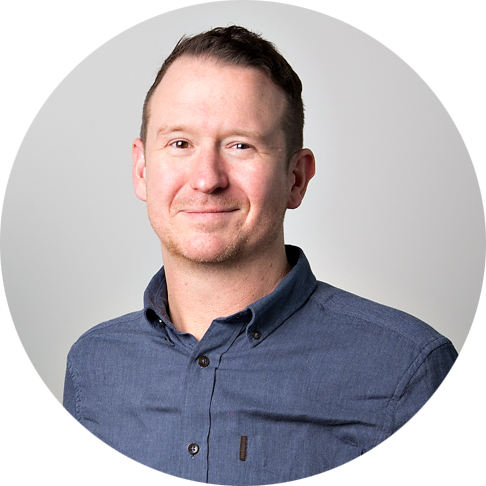Agencies have lost sight of what advertisers want and it’s likely to take half a decade to recover their leadership position.
Holding companies haven’t been listening to what advertisers want and they’ve failed to evolve for five, long years.
They had a huge opportunity to shift from scale to knowledge and data while their massive market power to bulk buy media helped bring in the cash. But they chose not to fix the roof when the sun was shining and the impact is now being felt.
The most obvious victim of this failure is Sir Martin Sorrell but falling profits and share prices are a story that every holding company, not just WPP, is able to tell.
Senior leadership across the agency community have failed to look forward and take note of the changing nature of client briefs, but instead, simply sat on their ever-generous bonus packages.
It may be that the great 2015 pitch market, where $30 billion of global media billings came to market in a single year, and where the victors were those who could deliver the biggest cost savings lulled them into a false sense of security. When push comes to shove, they might have thought, it’s all about cost.
But they were wrong and the result is that holding companies have become outdated and out of touch with their clients. In 2018 the big trends in media pitch are not about cost but about data, talent and driving return on media investment. They are focused on how media can drive business growth and their strategic and operational challenges in an increasingly digital world.
Ironically, it’s Publicis, which came off worse during the big MediaPalooza of 2015 which has adapted best to the new environment, having been forced to have a long hard look at itself in the wake of losses such as P&G, General Mills, Mondelez NA, Coca-Cola and Bacardi Europe. It at least feels like a single company rather than a conglomerate of brands.
At the heart of the challenge is trust. Many advertisers have lost faith in the benefits and leadership of the holding company networks so they’re seeking to take back control.
Marketers want simplicity and are no longer willing to be baffled by complexity. As P&G’s Marc Pritchard said in 2016 "Don't make your complexity my problem".
Our conversations with advertisers tell us that part of the simplicity that advertisers want includes payment models, which means one P&L, supply chain transparency and alignment to common KPIs
But the disconnect between advertiser and agency is about more than just payment terms, it’s also about the services they offer. Increasingly, in a digital-driven marketing world, scale has become less powerful while data and analytics are becoming the tools of competitive advantage.
Agencies haven't done enough to share best practice and learnings with clients to demonstrate the value they can add in these areas. Many advertisers are, as a result, empowering themselves to take control and manage their data and insights internally (helped, of course, by legislative pressures such as GDPR).
Advertisers want agencies to address their operational challenges through smart strategic consulting advice, a space where the management consultants are not only well established but also highly credible with the top decision makers.
The value of aggregated scale is reducing, a broad swathe of advertisers are recognise that competitive advantage in data and analytics and insights is what will really drive their business.
Recovering lost ground in this area and remaining first port of call for advertisers as they seek help requires a rethink and, to use the Silicon Valley jargon, a pivot of the holding company model.
Smart advertisers demand not just increased simplicity but also operating models that fulfil their requirements, not those of holding company. For the foreseeable future, the destiny of the holding company will be written by advertisers not by shareholders or managers.





COMMENTS